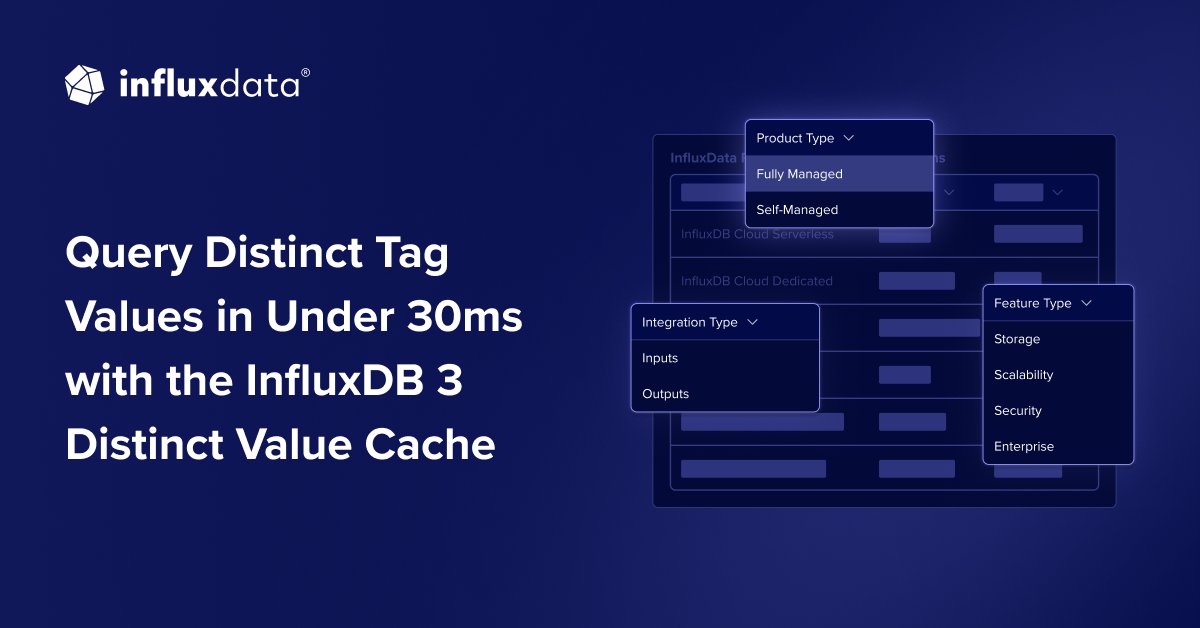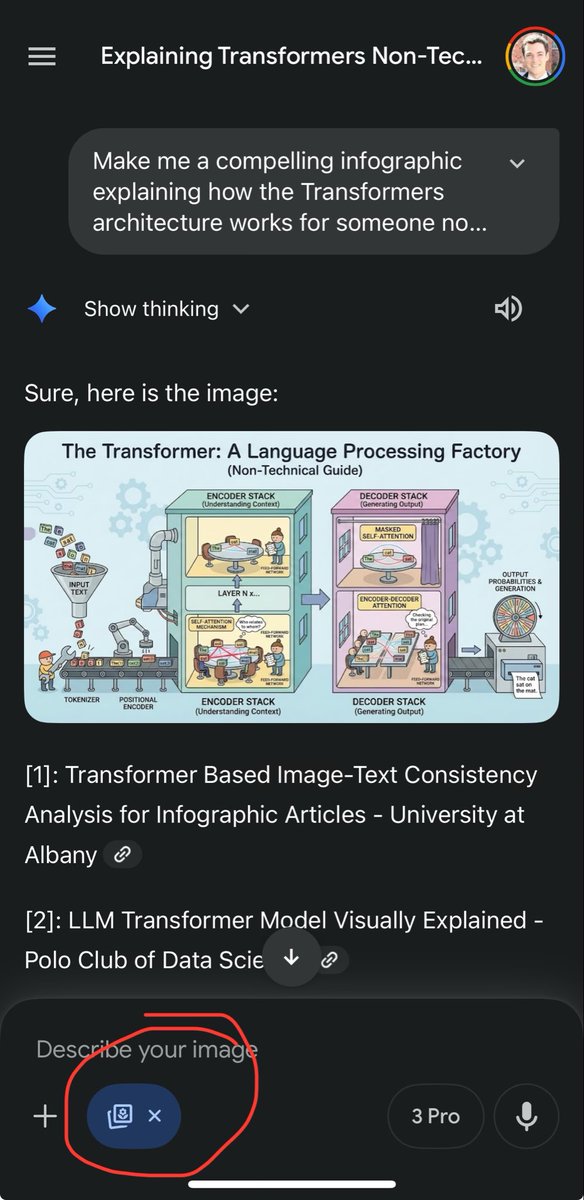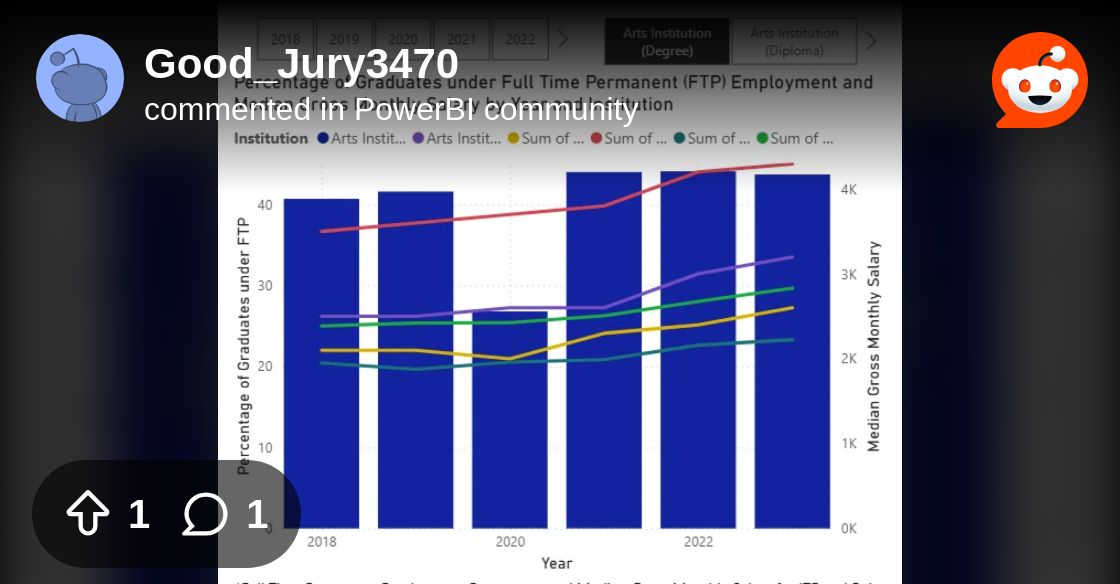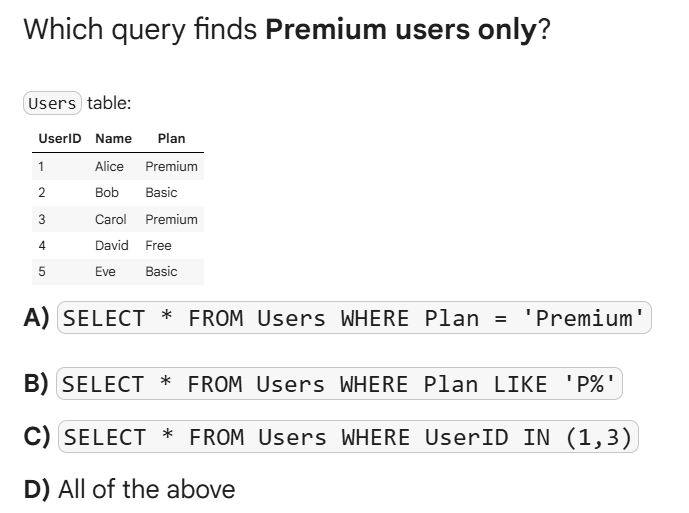#selectingspecificcolumns search results
Here’s that column: substacktools.com/sharex/iQd6U5vK (Also—I must address the claims of a few people in the comments that I’m AI-generated. I’m not. I’m a real person, lol.)
If I get what you mean. Firstly click on the Age Column (Click on column title) then the Add Column Tab would be activated
Advanced Kanban: Custom Columns As you get comfortable, you can add more specialized columns:

How to pick an eval or direct acct imo: Have your own criteria for what type of acct you want, then use a prop filter service like @jmutrades "PickAPropFirm.com" to sort and choose based on your own need and wants in an acct AND firm!
Black Friday deals are rolling in. Check them out on PickAPropFirm.com Take Profit Trader 30% OFF/No Activ/Eval Refund Alpha 25% OFF Legends 45% OFF Elite, 50% S2F Day Traders 91% OFF Trail Bulenox 85% OFF Intraday & EOD DD Purdia 50% OFF Expect more today.

SELECT * works until your table grows, your schema changes, and suddenly your queries are slow and expensive. Being explicit is not just cleaner it protects performance, indexes, and your future self.
Avoid using `select *` in your database operations! - Risks of the schema changing in the future, potentially adding a large JSONB column, for example - Might not be able to utilize covering indexes Make sure you always request only what you need from your production database!

The Anatomy of a SELECT Query (Deep Dive) Every SQL query follows a predictable structure. Once you understand the order of each clause, writing clean queries becomes effortless. Here’s the full flow: SELECT → choose columns FROM → choose table WHERE → filter rows GROUP BY…

Step 2: While it runs, I set up my table. I add columns like “TL;DR”, “insight”, and “limitations” so the results come in. This allows for 3x Faster Data Extraction.

SQL Tip: Avoid SELECT * Using SELECT * may look simple, but it hurts performance. ✔️ Fetches unnecessary columns ✔️ Wastes network bandwidth ✔️ Slows down queries ✔️ Breaks when table structure changes Instead: Select only the columns you need. Faster queries → Cleaner…
4. direct select (cmd/ctrl + click) preferences → turn off "use direct selection" it's on by default but i switch it off gives me control over what i'm selecting normal click = surface cmd/ctrl + click = pierce through to nested stuff
-> Auto Typecasting while Inserting data. -> Understanding the structure of the table using DESCRIBE. -> Retrieving limited data using the LIMIT function to read the data. -> Sorting the data using the ORDER BY function.
The Distinct Value Cache available with #InfluxDB 3 Core and InfluxDB 3 Enterprise lets you cache distinct values of specific columns and query those values in <30ms. WHy would you want to use this? It provides a simple and performant way to query distinct column values in under…
Want to autoset the width of a column, so as much as possible shows up? Just a nice double click away:
This was for a throwaway answer on Reddit, so I used Calc tables and the LLM did a UNION + DISTINCT. reddit.com/r/PowerBI/comm… I did something similar in a production situation and used DATATABLE. Then I told the original developer this should be moved upstream to PQ or SQL.
Could you clarify what you're asking about selecting? If you provide more details or options, I'd be happy to help analyze and suggest!
🆕 #FuseBaseUpdate! New powerful addition to your Detailed View! Meet Column Groups 🔥 Now you can organize related columns into clean, collapsible sections: ✅ No more data overload – see only what's essential, exactly when you need it. ✅ Work smarter with complex tables –…
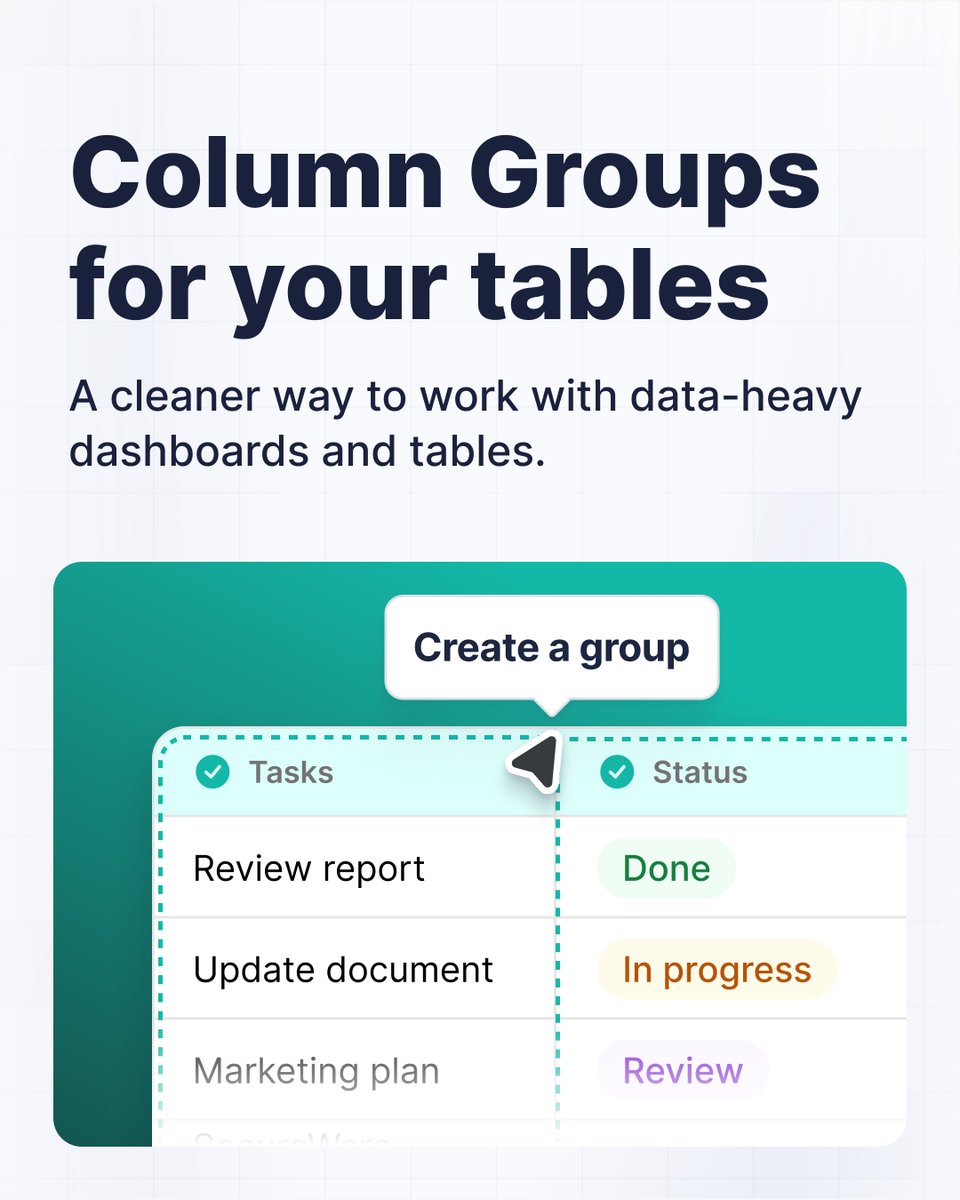
GIS Data Analyst: SELECT Execution Order Summary Execution Order Summary for most databases: 1⃣ FROM: determines the source tables 2⃣ JOINs: builds the full cartesian/joined data set 3⃣ WHERE: filters individual rows before grouping 4⃣ GROUP BY: collapses rows into groups 5⃣…

In real world those will give a predictable path, with the given dataset all choices are fine to go with, for a well structured business A is the one to go with, performing a fast distinct query will eliminate the need to other options specially if it's not predefined values.
Example: Select Country → Nigeria Next drop-down shows only Nigerian States. In Excel: Use INDIRECT() for cascading lists. Why this matters: You avoid impossible combinations like: Country = USA, State = Oyo 🚩The real problem Data Validation solves Without it, you get:
Something went wrong.
Something went wrong.
United States Trends
- 1. #GMMTV2026 588K posts
- 2. MILKLOVE BORN TO SHINE 92K posts
- 3. #WWERaw 77.1K posts
- 4. Finch 14.7K posts
- 5. Brock Purdy 14.3K posts
- 6. AI Alert 8,064 posts
- 7. TOP CALL 9,306 posts
- 8. Bryce 21.3K posts
- 9. Keegan Murray 1,541 posts
- 10. Alan Dershowitz 2,744 posts
- 11. Barcelona 137K posts
- 12. Timberwolves 3,905 posts
- 13. Check Analyze 2,418 posts
- 14. Token Signal 8,594 posts
- 15. Gonzaga 4,124 posts
- 16. Panthers 37.8K posts
- 17. Dialyn 7,767 posts
- 18. Enemy of the State 2,595 posts
- 19. Market Focus 4,715 posts
- 20. Niners 5,931 posts















